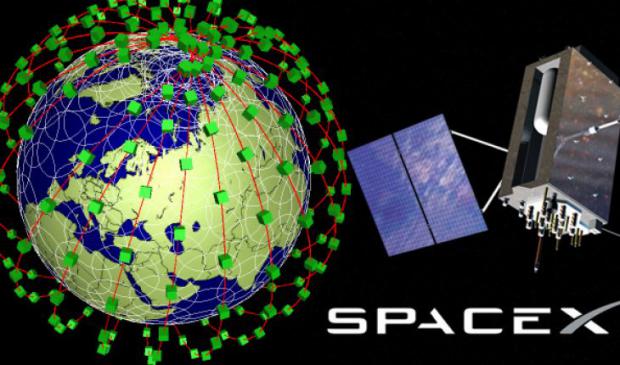
Breaking News
 Pentagon To Send 200 Troops to Nigeria
Pentagon To Send 200 Troops to Nigeria
 Trump Says He May Send Second Aircraft Carrier to Middle East To Prepare for Potential Attack...
Trump Says He May Send Second Aircraft Carrier to Middle East To Prepare for Potential Attack...
 A Market Crash and Recession Are Bullish, Not Bearish
A Market Crash and Recession Are Bullish, Not Bearish
 What Are They Still Hiding? New Epstein Questions Point to a Much Bigger Cover-Up
What Are They Still Hiding? New Epstein Questions Point to a Much Bigger Cover-Up
Top Tech News
 Drone-launching underwater drone hitches a ride on ship and sub hulls
Drone-launching underwater drone hitches a ride on ship and sub hulls
 Humanoid Robots Get "Brains" As Dual-Use Fears Mount
Humanoid Robots Get "Brains" As Dual-Use Fears Mount
 SpaceX Authorized to Increase High Speed Internet Download Speeds 5X Through 2026
SpaceX Authorized to Increase High Speed Internet Download Speeds 5X Through 2026
 Space AI is the Key to the Technological Singularity
Space AI is the Key to the Technological Singularity
 Velocitor X-1 eVTOL could be beating the traffic in just a year
Velocitor X-1 eVTOL could be beating the traffic in just a year
 Starlink smasher? China claims world's best high-powered microwave weapon
Starlink smasher? China claims world's best high-powered microwave weapon
 Wood scraps turn 'useless' desert sand into concrete
Wood scraps turn 'useless' desert sand into concrete
 Let's Do a Detailed Review of Zorin -- Is This Good for Ex-Windows Users?
Let's Do a Detailed Review of Zorin -- Is This Good for Ex-Windows Users?
 The World's First Sodium-Ion Battery EV Is A Winter Range Monster
The World's First Sodium-Ion Battery EV Is A Winter Range Monster
 China's CATL 5C Battery Breakthrough will Make Most Combustion Engine Vehicles OBSOLETE
China's CATL 5C Battery Breakthrough will Make Most Combustion Engine Vehicles OBSOLETE
FCC approves SpaceX 4425 internet satellite network

Here is the full 20 page FCC memo.
FCC says SpaceX must launch 2213 satellites by April 2024
SpaceX requested waiver of section 25.164(b) of the Commission's rules, which requires NGSO system licensees to launch the space stations, place them into the assigned orbits, and operate them in accordance with the station authorization within six years of grant of the license. SpaceX asks that we apply the six-year milestone only to its initial deployment of 1,600 satellites. SpaceX states that completing its full constellation of over 4,400 satellites over a six-year period would require a launch cadence of more than 60 satellites per month, beginning on the day the Commission grants a license, which would be impractical, and that deployment of its full constellation is not necessary to allow it to commence delivery of broadband service. SpaceX argues that a limited waiver of section 25.164(b) would not undermine the purpose of the milestone requirements, as it would not result in, facilitate, or encourage spectrum warehousing. Several commenters argue that a waiver of this requirement would give SpaceX an unfair advantage as it would not require SpaceX to deploy its full constellation within the six-year period without further obligation to deploy the rest of its system.
[FCC] agrees with commenters that SpaceX has not provided sufficient grounds for a waiver of the Commission's final implementation milestone requirement. FCC note that this issue was addressed in the NGSO FSS rulemaking, and this grant is subject to those rules. Under these new rules, SpaceX's deployment of 1600 satellites would not meet the new 6-year milestone requirement that now requires 50 percent of the total number of satellites in the constellation to be launched and operated no later than 6 years after grant of the authorization. Given that, FCC deny SpaceX's waiver request. SpaceX can resubmit this request in the future, when it will have more information about the progress of the construction and launching of its satellites and will therefore be in a better position to assess the need and justification for a waiver.



